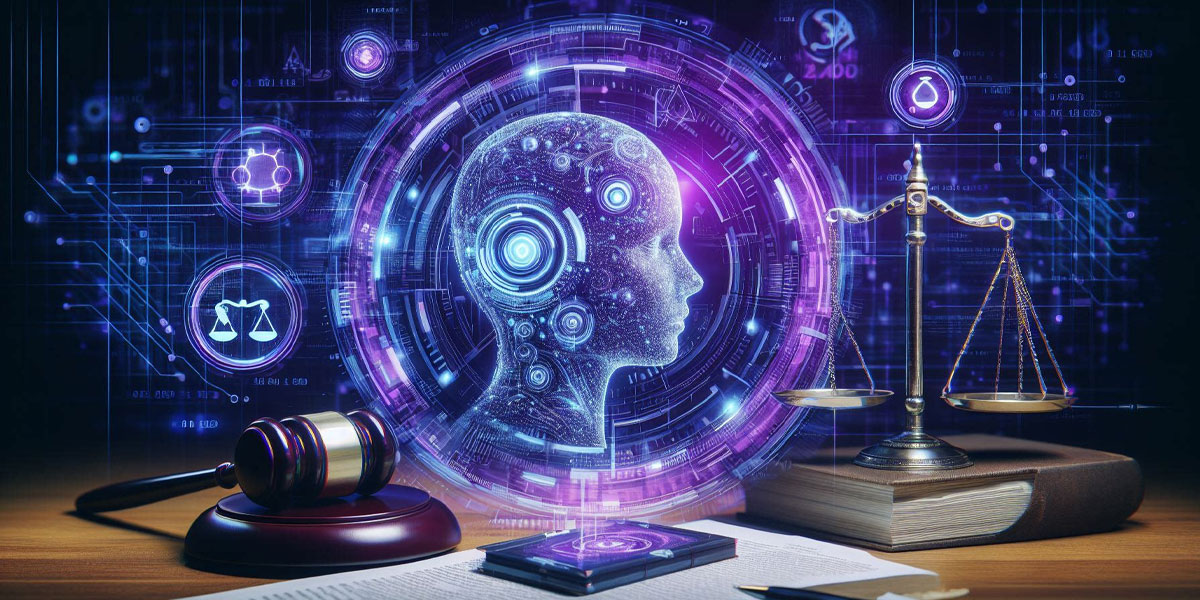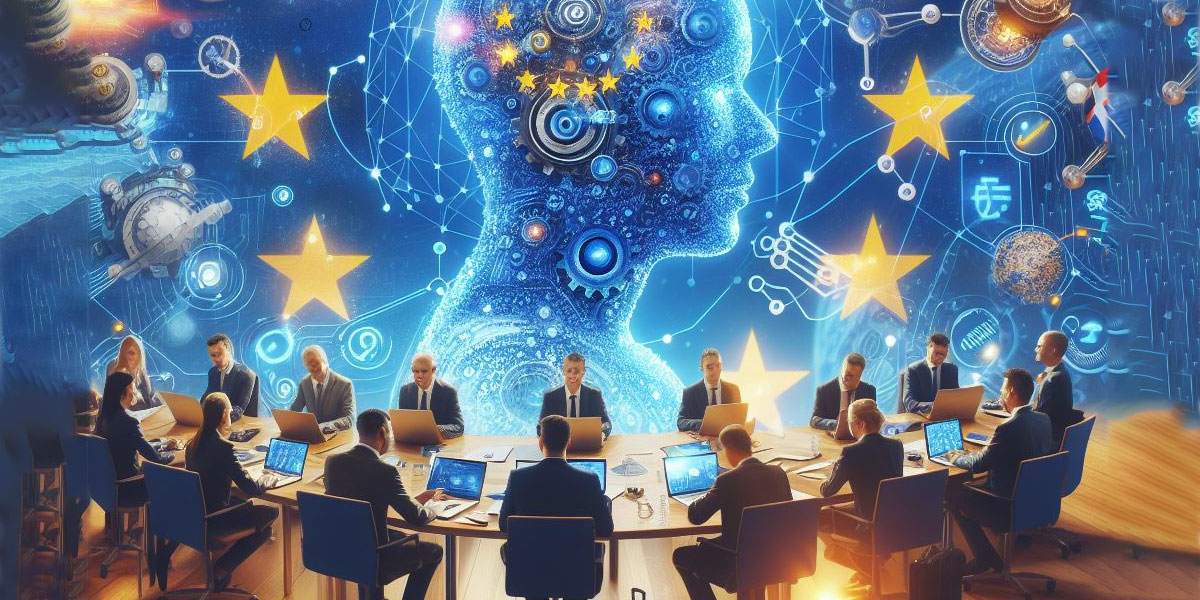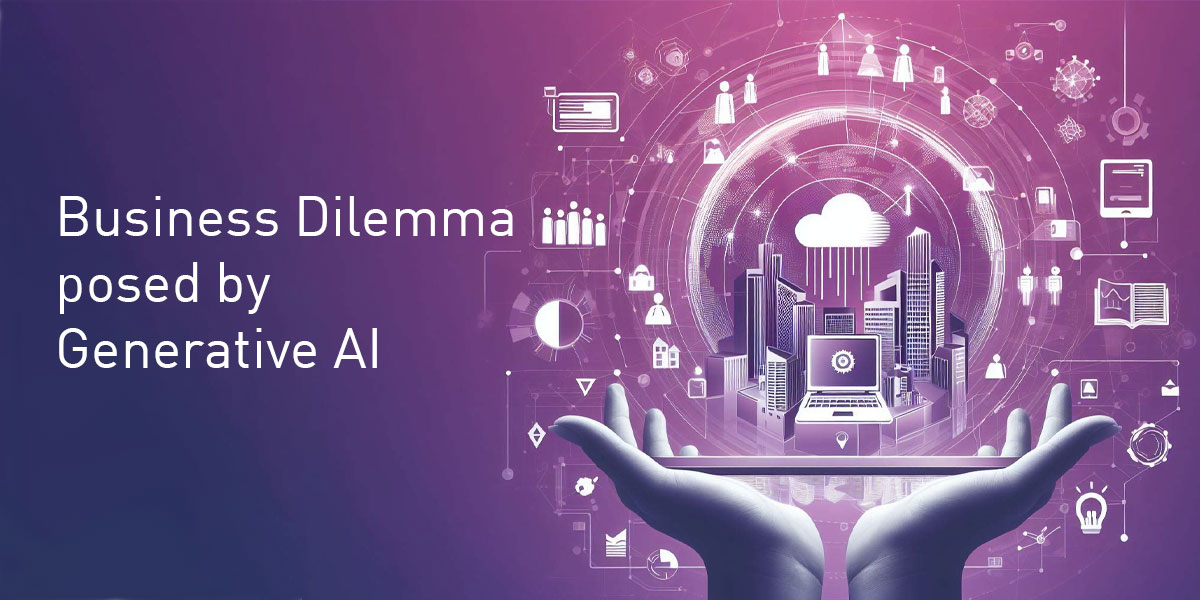Necessary cookies are absolutely essential for the website to function properly. These cookies ensure basic functionalities and security features of the website, anonymously.

The Impact of AI Regulations and a Hope for Collaboration
The transformative power of artificial intelligence (AI) has prompted countries worldwide to develop regulatory frameworks, balancing the potential benefits of AI with concerns over security, ethics and economic implications. As these regulations evolve, there’s an overarching question: would global cooperation on AI guidelines be more beneficial?
Australia’s Link Tax and Beyond
Australia’s approach to digital media regulation, including the government-mandated ‘link tax’, serves as a precursor to AI regulatory endeavours. However, with larger entities like News Corp benefitting significantly, there's an underlying question of equity. A link tax refers to a policy where online platforms, particularly search engines and social media sites, pay publishers for displaying snippets of their content or linking to their articles. For Australians, these policies mean potential consolidation of media voices, which could impact the diversity of the content they consume. This represents one of the initial attempts by governments to regulate how modern digital platforms and traditional media entities interact. It underscores the broader theme of governments trying to control or influence the relationship between rapidly evolving technologies and established industries or practices
The AI Content Dilemma at the New York Newsstand
Tech giants such as OpenAI and their reliance on vast amounts of data for AI training have put the spotlight on compensatory demands from publishers. Recently, the New York Times updated its terms of service, prohibiting the scraping of its content for training machine learning or AI systems; a move that signals a growing awareness among publishers about their content’s value. This evolving dynamic highlights the potential influence even a single media outlet can exert in the ongoing discussions on AI regulation, through illustration of the significant leverage individual media entities can have in shaping the discourse surrounding AI.
China’s AI Measures: the Double-Edged Sword
China’s generative AI measures emphasise transparency and responsibility. For the Chinese populace, this ensures better quality control of AI services. However, the stipulation to source data from “legitimate sources” respecting intellectual property hints at tighter state control, potentially curbing innovation and further stifling freedom of expression. Innovation thrives in environments where there is open access to information and fewer barriers to collaboration. By imposing stringent requirements on data sourcing, and by specifying what constitutes “legitimate sources”, there's a risk of creating a more restrictive environment for AI developers and researchers.
Europe’s AI Blueprint
The EU’s Artificial Intelligence Act (AIA) takes a holistic approach to AI regulation. European citizens can expect safer AI interactions, but the extensive conformity assessments might slow down the rollout of innovative AI solutions. However, compared to that of the east, this act leaves significant room for the technology to grow and flourish.
Regulation Does Affect the Tides of Economy, Power and Progress
While countries like China advance their AI regulation, the U.S. remains more deliberative. Such varied approaches could lead to technological disparities, affecting global trade, information flow and the balance of power. Populations may experience diverse technological advancements, information access and job market shifts. However, if applied poorly, regulation can risk digital divides both within and between nations.
Given AI’s boundary-less nature, isolated regulations might hamper its true potential. A collaborative, globally agreed-upon framework could streamline advancements, ensuring safety without innovation. Populations worldwide would benefit from consistent standards, shared knowledge and collective growth.
Navigating the waters of AI regulation will remain a global challenge. While individual regions have taken distinct approaches, there’s a growing understanding that AI, with its universal reach, may be best governed together. However, frayed as our global politics is currently, for now this seems to be a distant hope.






